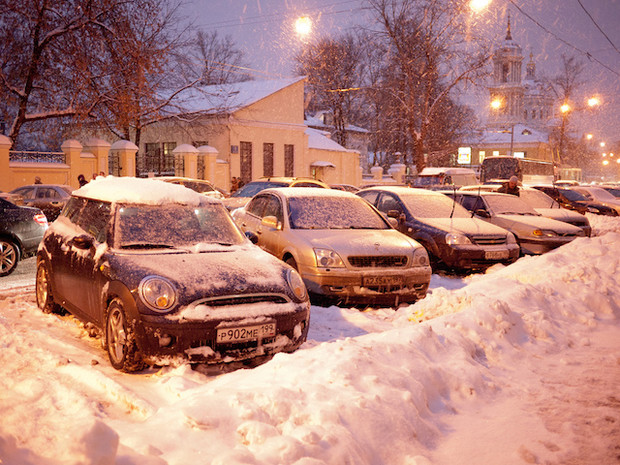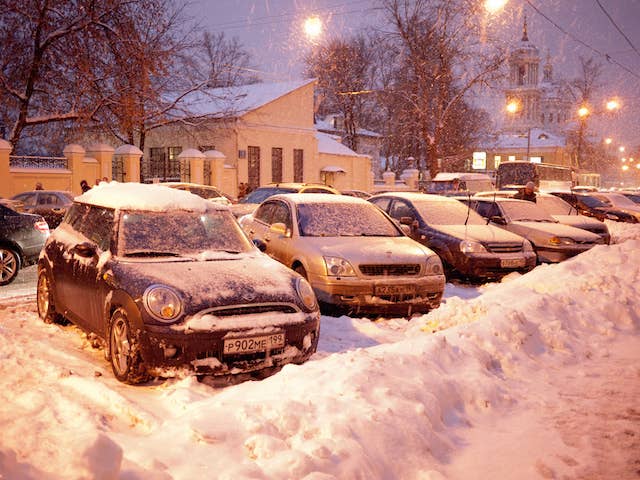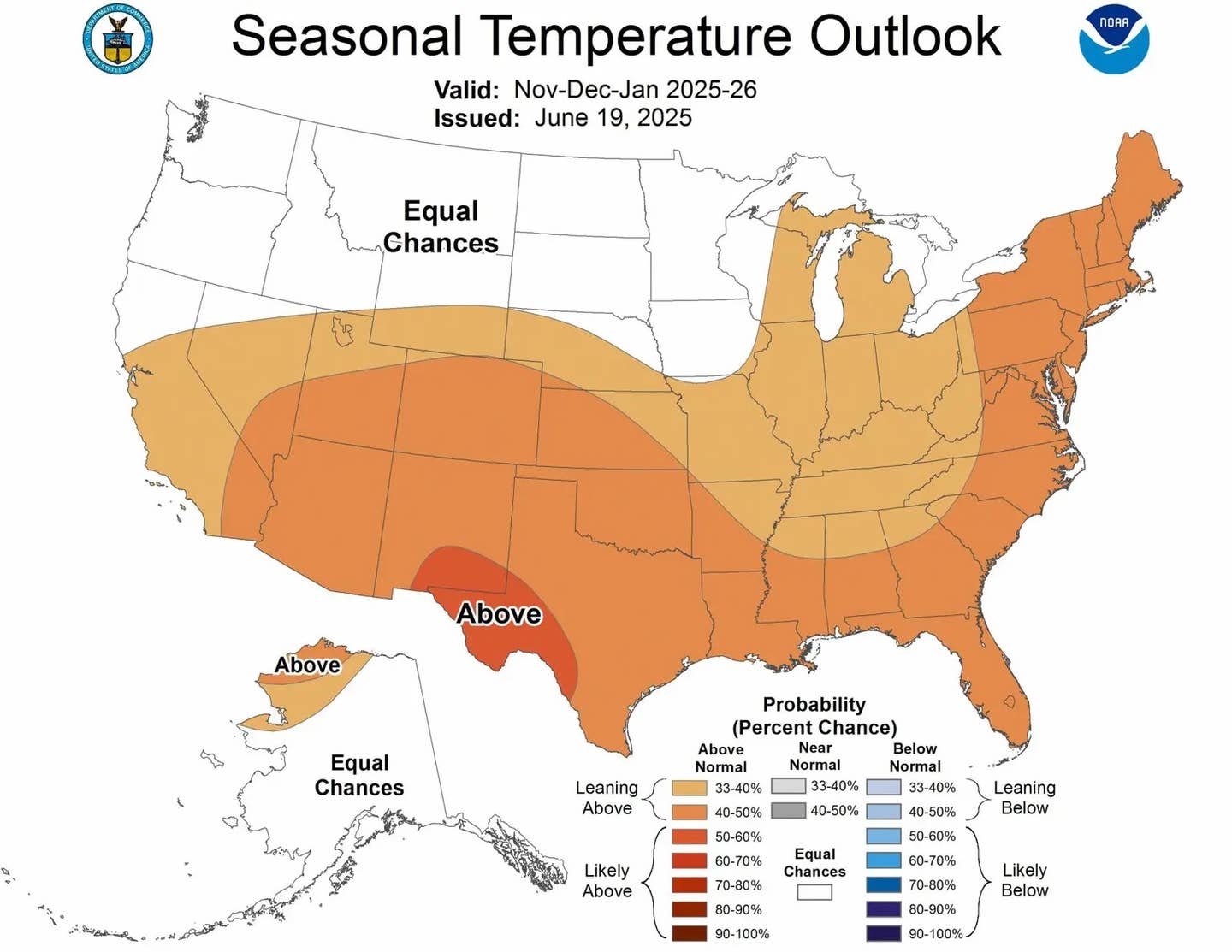Popular Stories
 Photo from Flickr.
Photo from Flickr.
You know how the saying goes: Don’t eat yellow snow. Unfortunately, a new study published in the journal Environmental Science: Processes & Impacts, suggests that you shouldn’t actually eat any snow at all. (At least snow around high traffic areas - we can hope.) The study reveals how snow is an effective sink for tiny particles that are found in car exhaust fumes, so any consumption of it is like eating a pollution-flavored snow cone.
About 3.3 million people die every year from pollution; 1.4 million of these deaths coming from China and their extreme smog problem. Research on sinks for pollution is very important as scientists try to discover ways to clean the air and address this “public health emergency”. A team of researchers at McGill University in Montreal, Canada, decided to investigate the ability of snow to absorb these pollutants.
The Canadian team used a “snow chamber” to simulate a range of snowy conditions. By mixing a variety of natural snow types with a combination of pollutants commonly found in car exhausts, they were able to determine how much of the pollutants were captured in the snow. The researchers measured levels of carbon and toxic pollutants like benzene, toluene, ethylbenzene and xylenes within the snow before, during and after each experimental run.
Join Our Newsletter
The experiment found that from just one hour of exposure, the levels of pollutants in the snow increased dramatically, with toxic particles becoming trapped within the small ice particles or dissolved within pockets of meltwater. This means that snow is a particularly effective “sink” for car exhaust pollution.
As for what happens when the snow melts? Or when you put it in your tummy? The pollutants either remain in the water, or they escape back into the air/ your lungs – but that’s a story for another study to answer.





